What to look for and how to handle signs of impaired driving
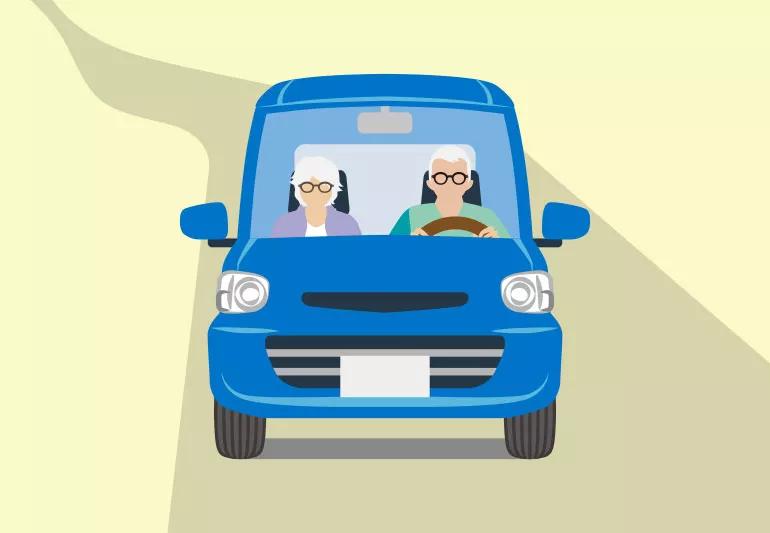
If you suspect your elderly parent isn’t driving as well as they used to, there are actions you can take to help.
Advertisement
Cleveland Clinic is a non-profit academic medical center. Advertising on our site helps support our mission. We do not endorse non-Cleveland Clinic products or services. Policy
Some older adults can drive safely in their 80s and even early 90s, but many seniors develop hearing, vision, cognitive and other problems that impair their ability to drive safely. Loss of the ability to drive can isolate older adults, leading to poor nutrition, health problems and depression.
“Determining your parents’ driving ability is the first step toward helping them maintain their independence – and their health,” says internist and geriatrics specialist Kenneth Koncilja, MD.
“There are a number of things you can look for when deciding whether your parent needs to have a professional driving assessment,” says Dr. Koncilja.
Take a ride with your parent and allow them to drive you to the supermarket or other familiar destination. During the trip, observe whether your loved one can:
“Remember, just because mom has a different driving style doesn’t mean she’s a bad or unsafe driver,” he says. Some adult children complain that their parent is a slow driver, or that dad chooses to use a route that allows him to avoid freeways, making the trip longer.
Advertisement
This is actually a type of self-monitoring, which shows that your loved one is aware of personal limitations and is self-restricting as a precaution.
If you notice that your parent has trouble handling things at home, such as preparing a meal with three or four courses, or other multi-step tasks, they may also have trouble handling more complex driving situations.
Make an appointment with your loved one’s physician. Ask the doctor to determine if an occupational therapy driving evaluation could help your parent. The doctor can write a prescription for the evaluation and periodic visits to the driving clinic, if necessary.
Patients with neurocognitive disorders (dementia) should include family or caregivers in the discussion with their physician. A diagnosis of dementia is most predictive of unsafe driving in older adults. Predictors of unsafe driving include recent traffic citations, motor vehicle accidents and self-reported situational avoidance, such as limiting driving to familiar neighborhoods.
“My goal is to help aging adults stay on the road as long as possible without jeopardizing safety,” says Dr. Koncilja.
Additionally, make sure your loved one sees the eye doctor regularly so that their eyeglass prescription is always up to date.
Here are some common restrictions that can help elderly drivers:
It’s easier to talk to your parent about self-restricting based on their individual limitations and comfort levels. Seeing a driver rehabilitation specialist can help, too. The evaluator can offer insight for restrictions and tips to enhance driving ability based on your parent’s individual needs.
“You see your eye doctor, dentist and primary physician on a regular basis. It’s a good idea to visit your professional driving evaluator for regular checkups, too,” he says. “These regular assessments can actually help seniors keep driving safely for longer.”
Advertisement
Advertisement

Sign up for our Health Essentials emails for expert guidance on nutrition, fitness, sleep, skin care and more.
Learn more about our editorial process.
Advertisement

Many chronic conditions can cause fatigue — but don’t overlook mental health concerns, iron level and hormones
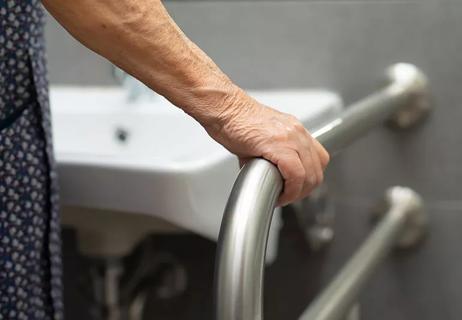
Some planning, products and projects can help older adults stay in their homes safely longer
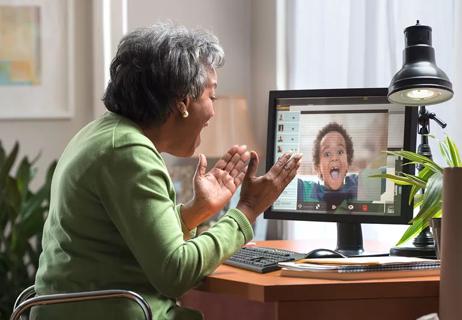
Loneliness is a key factor in worsening mental health among seniors
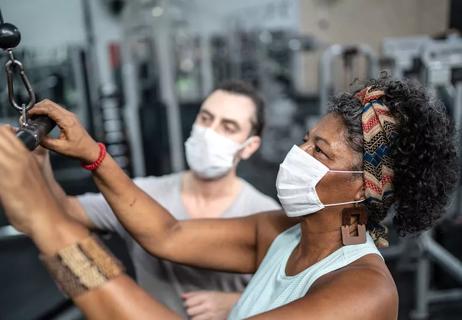
Learn how simple movements can preserve your health — and lessen your risk for falls
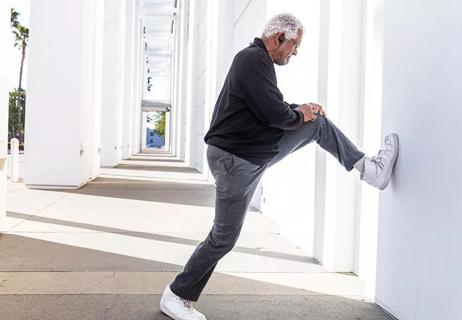
Leverage the synergy of simple adjustments
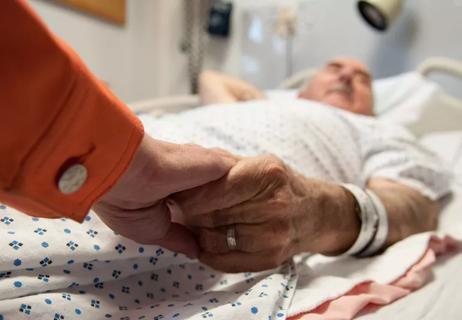
The signs might be subtle
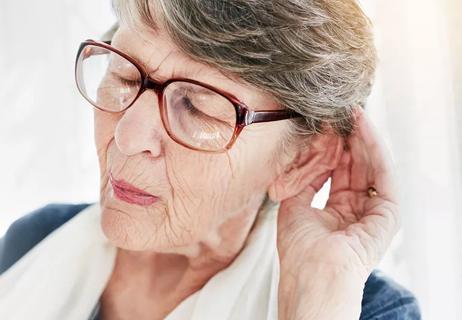
What you can do about hearing and vision loss

Your tolerance decreases with age, thanks to body changes, health conditions and medications you may take

Even small moments of time outdoors can help reduce stress, boost mood and restore a sense of calm

A correct prescription helps your eyes see clearly — but as natural changes occur, you may need stronger or different eyeglasses

Both are medical emergencies, but they are very distinct events with different causes